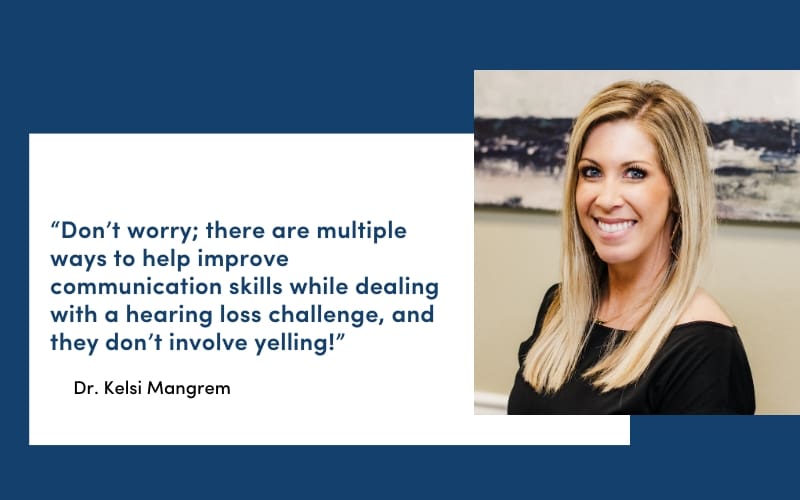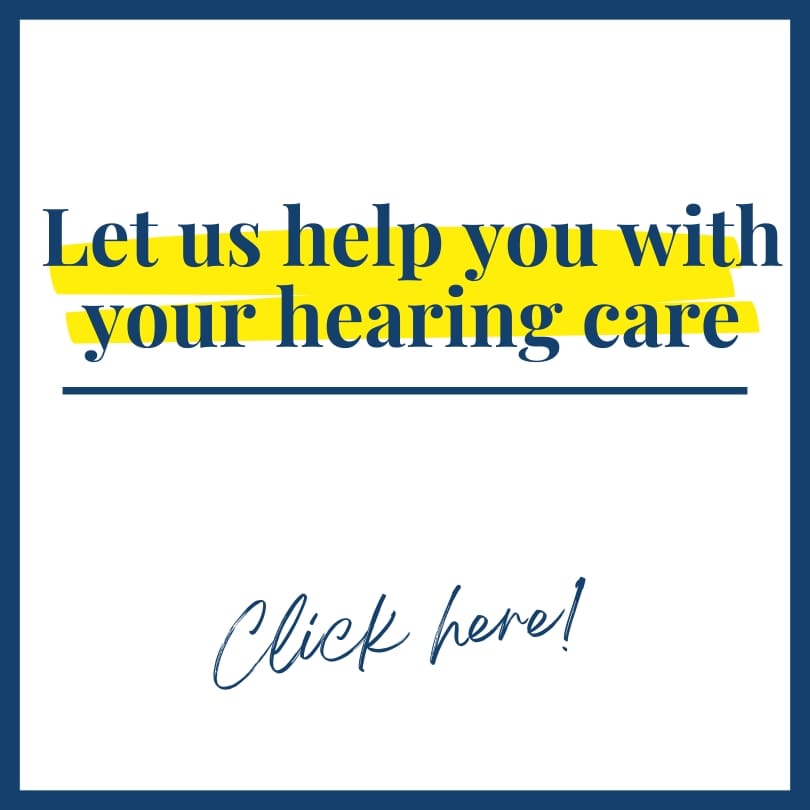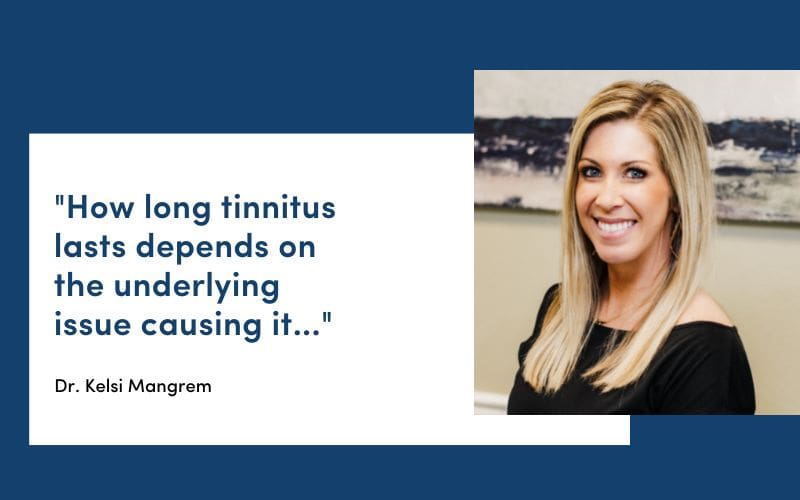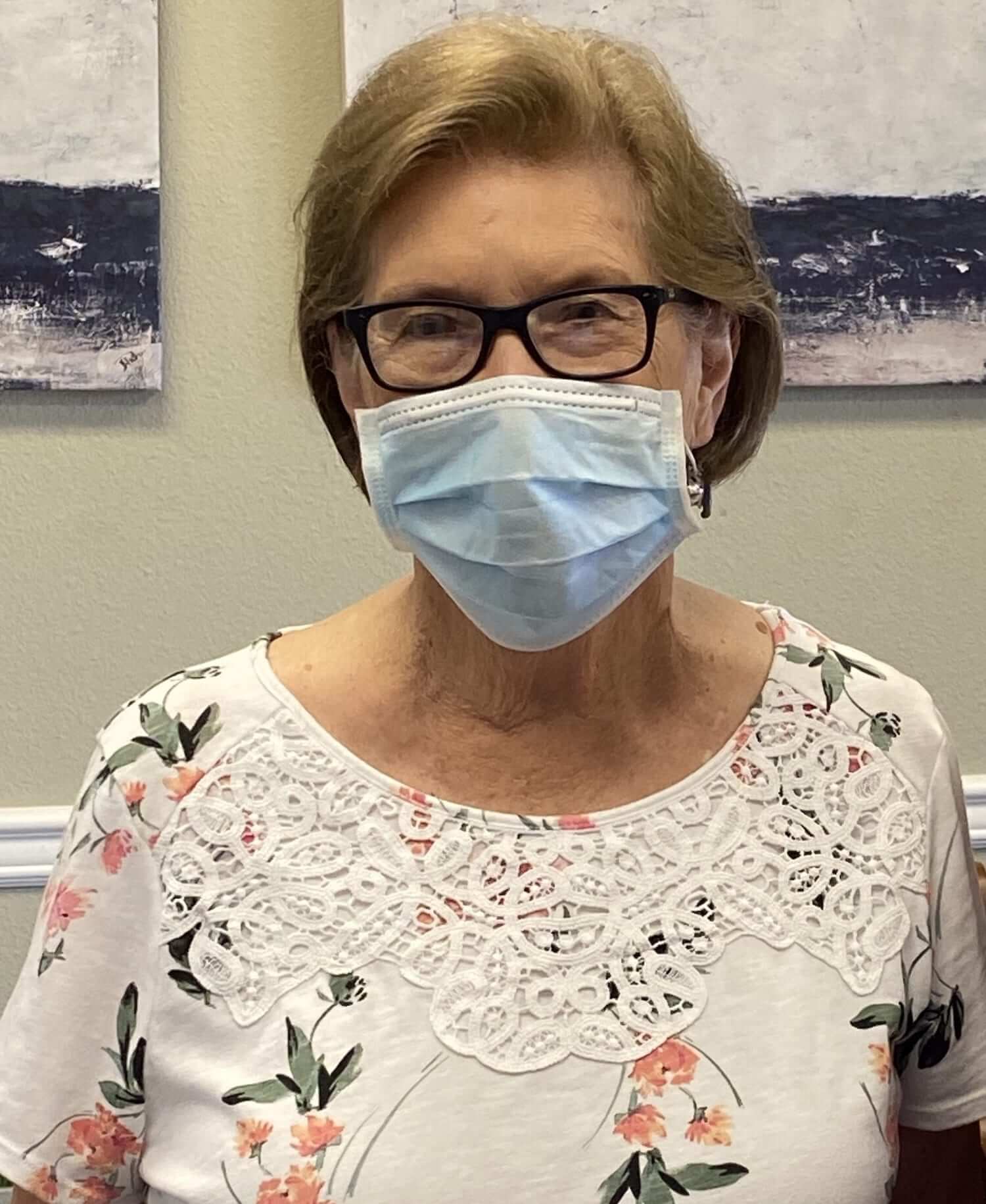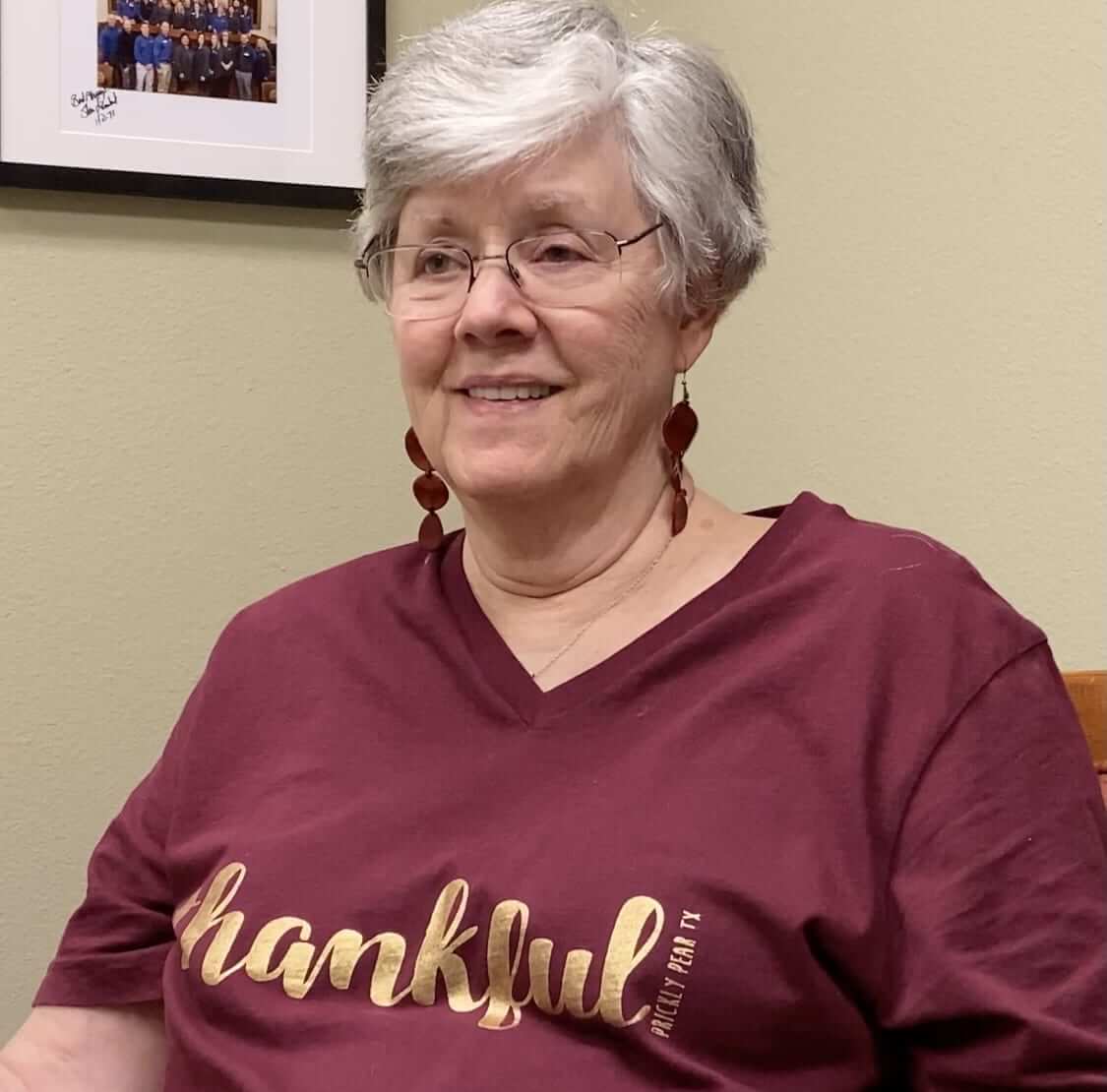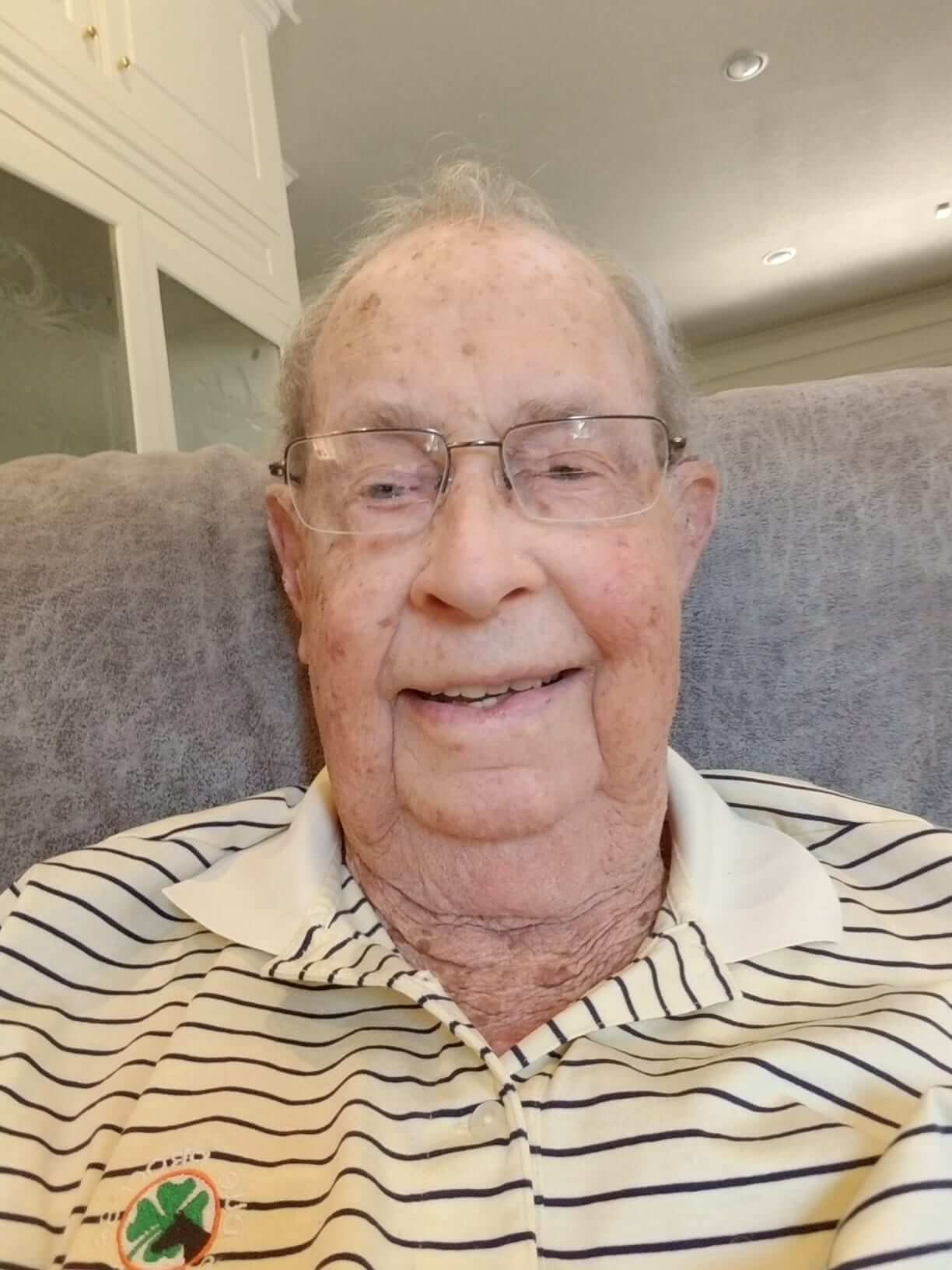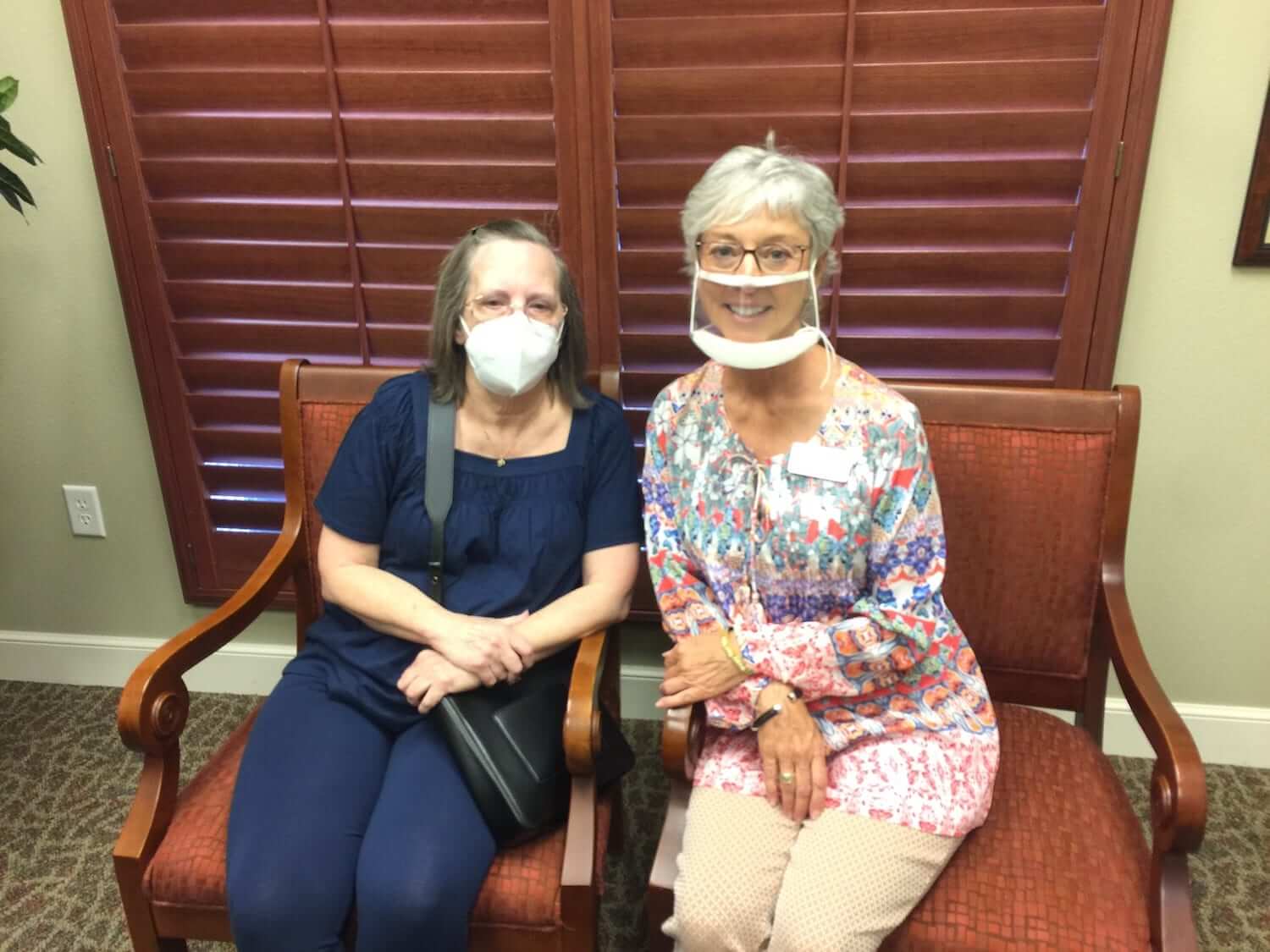If you, or a loved one, have been experiencing challenges in hearing the people around you due to hearing loss, you’re no doubt aware of how frustrating it can get to not be able to hear properly.
From loud TVs to busy restaurants, mumbling kids to overstimulating background noise—having to continuously ask people to repeat themselves can get annoying, and feeling left out of the conversation altogether is isolating.
Don’t worry; there are multiple ways to help improve your communication strategies with a hearing loss challenge, and they don’t involve yelling!
Listening Tips for Hearing Loss
Sometimes the best method for improving your communication skills with hearing loss starts with how you’re sitting. Face the person you’re talking to, make and maintain eye contact, and try not to get sidetracked by distractions—that way, you’re both engaged in the conversation and you’re less likely to misunderstand anything your conversation partner says to you.
Improve your understanding of the conversation in noisy environments—such as cafés or restaurants with lots of people—by sitting away from the noise. I would recommend a booth instead of a table where possible, as the background noise can be slightly blocked by the high walls of the booth seats.
Background noise can’t always be ignored, but one way to help minimize the distraction it causes is sitting with the noisy environment behind you and the person you want to pay attention to in front of you. By using the environment to your advantage, you can overcome hearing loss communication challenges through simple changes like these.
For non-hearing aid options that can help, there are apps on the App Store that magnify sound with the help of a cell phone’s microphone and wireless earphones, as well as other listening devices like Jabra or Bose hearing aids that use a good level of noise filtration.
These are just a few of the most effective communication strategies for everyday life with a hearing loss challenge, but if you’re concerned that your hearing has deteriorated over time, we recommend getting a hearing assessment to learn the full scale of your unique hearing situation.
Successful Communication With Hearing Loss
Telling loved ones that you’re struggling with your hearing is a daunting prospect, but quite often, they’ll not only understand but even be sympathetic.
Finding support groups can also help you remain socially active while seeking out solutions for your hearing loss, especially because people in those groups will understand and want to help you boost your confidence.
If you’re feeling anxious about your hearing loss or experiencing stress due to your hearing when in social situations, visiting a hearing care professional can make a world of difference. It can help you regain confidence in social situations through hearing loss treatment with a unique, personalized approach.
How Holland Hearing Center Can Help
If you’re looking for more help with your hearing loss, our team is here to answer any questions you may have about hearing assessments, hearing aids, and anything else related to hearing care—with nearly 20 years of experience under our belts, we know our stuff.
Feel free to give us a call at (325) 437-4730 to talk to a member of our team and get started on your hearing health journey today.

